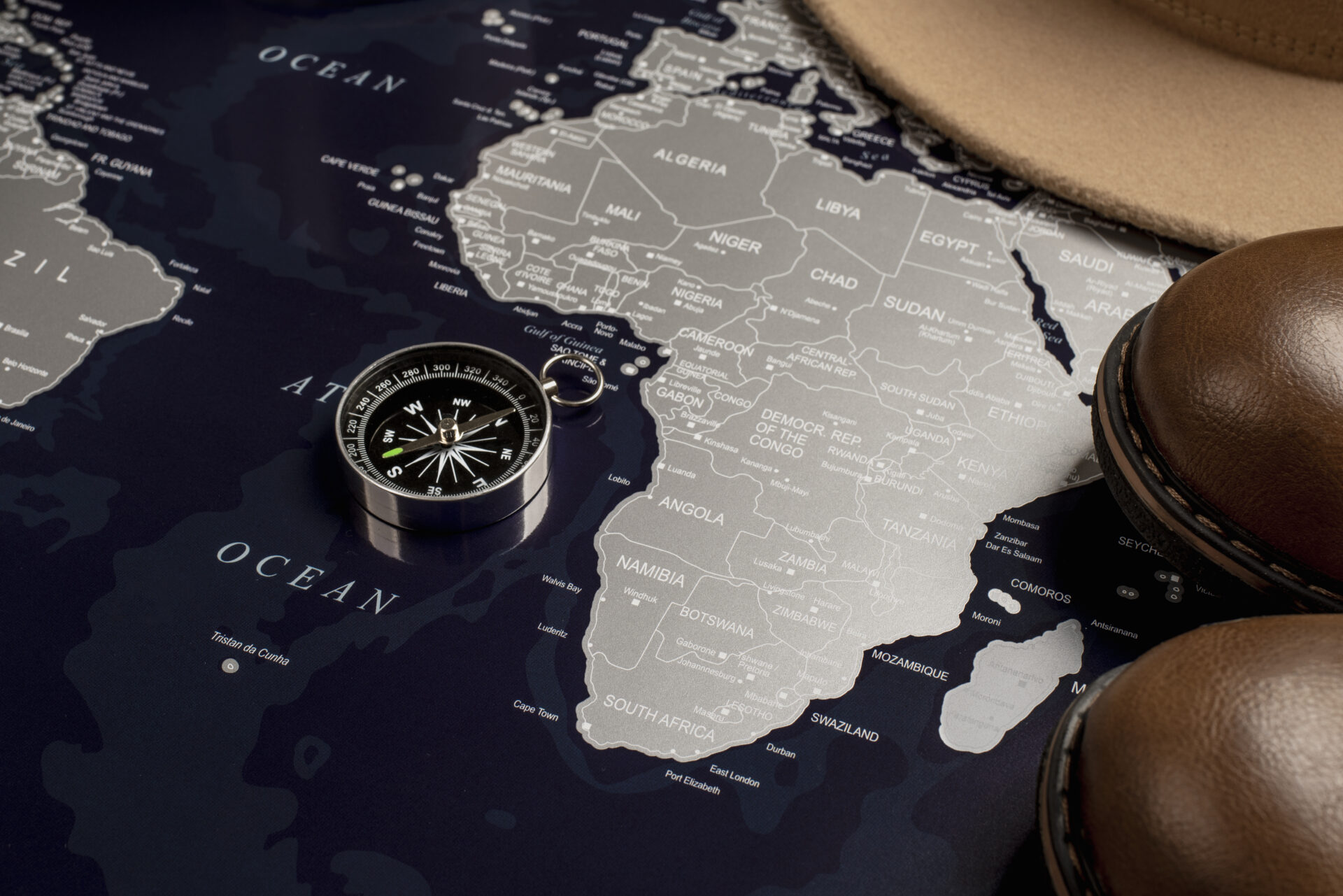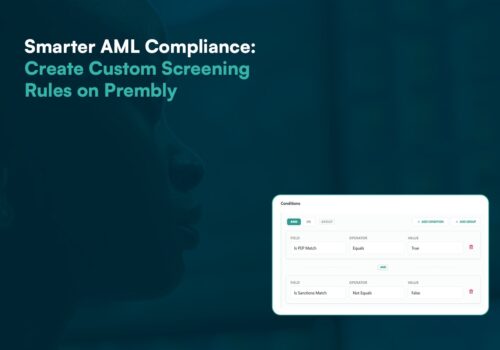In 2025, African countries are stepping up their game in the fight against money laundering. With financial crimes becoming more complex—and digital financial systems evolving faster than ever—regulators across the continent are tightening AML (Anti-Money Laundering) rules to keep up.
So, what’s changed? What should financial institutions, fintechs, and compliance professionals be watching out for?
Let’s break down the latest AML regulations across some key African markets and what they mean for businesses and the broader financial ecosystem.
Why AML Matters More Than Ever in Africa
As mobile money, online banking, and cryptocurrency continue to reshape Africa’s economy, they also open new doors for criminals looking to move illicit funds. That’s where AML regulations come in—to protect financial systems, investors, and economies from the damage of money laundering and terrorist financing.
Global organisations like the Financial Action Task Force (FATF) are also putting pressure on African countries to align with international standards. So, we’re seeing more updates, more enforcement, and more scrutiny across the board.
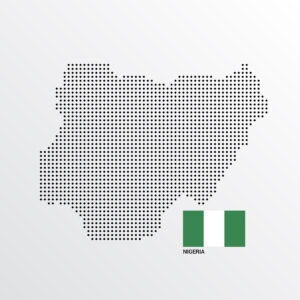
Nigeria: Leading the Charge on Fintech Compliance
Nigeria has been aggressive in updating its AML framework, especially when it comes to fintechs, digital banks, and crypto platforms.
What’s New?
- The CBN (Central Bank of Nigeria) now requires stricter KYC and reporting standards for digital lenders.
- Crypto exchanges must register with the Securities and Exchange Commission (SEC).
- The NFIU is actively monitoring suspicious transactions and clamping down on non-compliant operators.
If you’re in fintech in Nigeria, expect deeper audits, more paperwork, and tighter scrutiny.
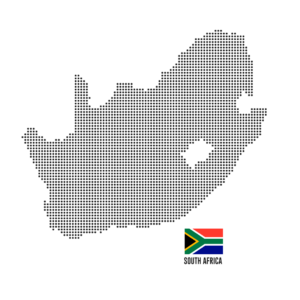
South Africa: Post-Grey Listing Recovery
After being grey-listed by FATF in 2023, South Africa kicked off one of the most aggressive AML reform periods in its history.
Key Updates:
- Six new laws were passed to strengthen the AML/CFT regime.
- The Financial Intelligence Centre (FIC) now oversees non-financial sectors like gambling, real estate, and law firms.
- New beneficial ownership disclosure rules for companies came into effect in 2024.
South Africa is sending a clear signal—it wants off the grey list, and it’s serious about AML compliance.
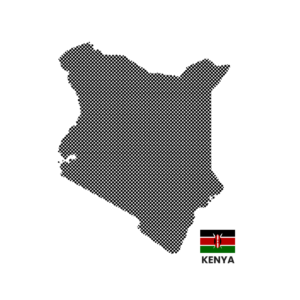
Kenya: Targeting Digital Financial Services
Kenya’s booming digital economy is a double-edged sword. The regulators know this, and they’re moving fast.
What’s Changed in 2025:
- The FRC (Financial Reporting Centre) issued new AML rules for mobile money and digital lenders.
- Banks must now use automated monitoring systems for suspicious transactions.
- Cross-border financial tracking is being strengthened through partnerships with Uganda and Tanzania.
Tech-driven finance must be risk-aware. If you’re a digital player in East Africa, compliance isn’t optional—it’s urgent.

Ghana: Innovation Meets Regulation
Ghana is getting creative with AML by investing in regulatory technology (RegTech).
Recent Moves:
- Launched an AML sandbox in 2024 to test AI-powered fraud detection tools.
- Real-time suspicious transaction reporting is now mandatory.
- The latest National Risk Assessment is helping fine-tune PEP lists and sector vulnerabilities.
Ghana is proving that smart regulation can go hand-in-hand with financial innovation.
Egypt: E-KYC and Stronger Enforcement
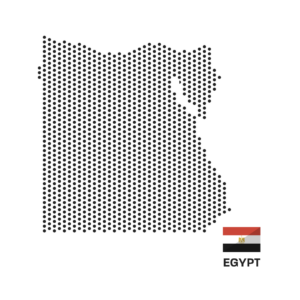
In North Africa, Egypt is tightening AML rules to align with MENAFATF guidelines and reduce risks tied to cash-heavy sectors.
What’s New:
- Updates to the Anti-Money Laundering Law No. 80 of 2002 are expected to take effect.
- Mandatory e-KYC for digital banks and mobile wallet providers.
- Closer oversight of real estate, luxury goods, and precious metals sectors.
Egypt is modernising AML compliance to meet the demands of a digital, global economy.
Morocco: A Push for DNFBP Compliance
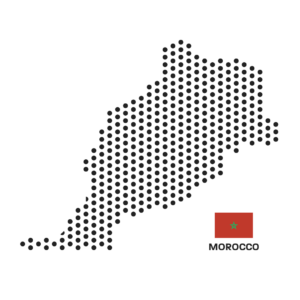
Morocco is expanding AML compliance beyond banks to include professionals like lawyers, accountants, and notaries.
Highlights:
- AML compliance is now mandatory for DNFBPs (Designated Non-Financial Businesses and Professions).
- The UTRF (Morocco’s FIU) has increased its regulatory powers.
- The private sector is teaming up with regulators to fight trade-based money laundering.
If you’re in the professional service industry in Morocco, AML training and systems are now essential.
Francophone Africa (UEMOA): Harmonised Rules Across the Region
Countries like Senegal, Côte d’Ivoire, and Burkina Faso are aligning under UEMOA’s new AML directive.
What’s Happening:
- The CENTIFs (Financial Intelligence Units) in each country are more active than ever.
- There’s a strong regional push for customer due diligence and beneficial ownership transparency.
- AML training programs are being rolled out for local financial institutions.
Harmonised regulations across the West African Monetary Union make it easier to track cross-border money laundering.
Emerging Trends to Watch in African AML
Across the continent, some common threads are emerging in 2025:
- Digital KYC and AI-powered AML monitoring.
- Expansion of AML rules to crypto and fintech sectors.
- Increased cross-border intelligence sharing
- FATF pressure leading to sweeping legal reforms
But there are challenges too, especially around enforcement capacity, data infrastructure, and compliance education.
Africa is not just reacting to global AML trends—it’s shaping them. From Nigeria’s fintech rules to South Africa’s legislative blitz, regulatory maturity is growing fast. If you’re working in finance, fintech, legal, or compliance across Africa, now’s the time to level up your AML strategy.


